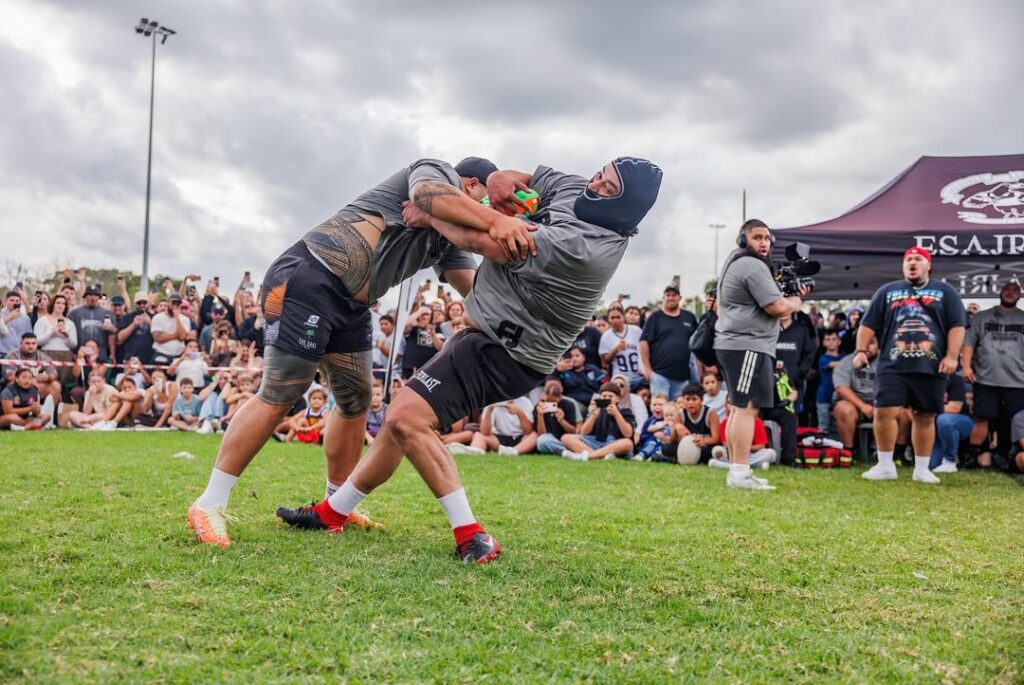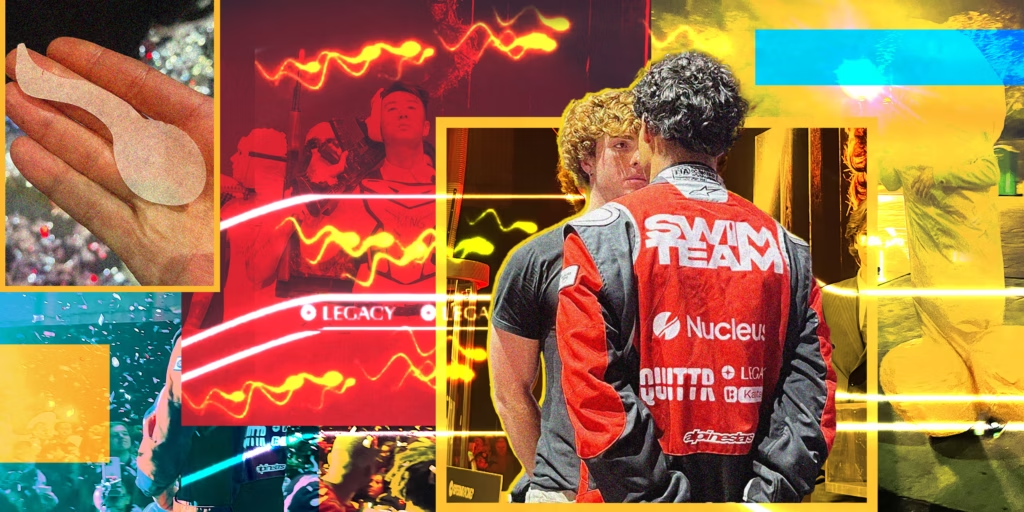For many, the fact the Tokyo 2020 Olympic Games is going ahead remains a cause for concern. Despite our love of the Olympics and seeing the world’s best athletes take to sporting’s biggest international stage in the hope of living out their childhood dreams, the global pandemic has largely overshadowed this year’s event. At a time where focus should be on the athletes, their preparation and journey and the countless hours of hard work that have gone in just to see them reach such a point, it instead rests on the growing number of cases in Tokyo as Japan struggles to contain the coronavirus.
Now, for the first time in history, spectators will be barred from most Olympic events. The news comes after a state of emergency was declared in Tokyo, and marks the first time in 125 years that spectators will be largely absent from the Games. Though organisers had been planning on allowing up to 10,000 spectators at venues, spikes in the Delta variant meant they were forced to cancel such plans as many are fearful that the Olympics could turn out to be a super-spreader event.
As Japan’s Prime Minister, Yoshihide Suga, explained, the decision was made after Tokyo reported 920 new coronavirus infections, the highest number since May. Still, the troubled Olympics will go ahead as Suga announced that the event will stand as a beacon of hope for those watching around the world, and show resilience in the face of adversity.
“It will be an unusual way of staging the event amid a state of emergency,” said Suga. “But I want to show from Tokyo that the human race can overcome great difficulty through hard work and wisdom.”
For Tokyo 2020 ticketholders, an Olympic dream gets dashed https://t.co/D55RtGQ9yd pic.twitter.com/AsZOEm0MlB
— Reuters (@Reuters) July 8, 2021
While the decision to bar spectators seems like the right one, you can’t help but feel for the athletes bound for Tokyo. Already, they’s suffered numerous setbacks and had to contend with a number of obstacles in the lead up to the Games, which have already been postponed as a result of Covid-19. Aside from grappling with disrupted competitive schedules and the inability to race or train overseas and acclimatise to conditions better suited to Tokyo, they now won’t have the support of family or friends and a lively crowd to cheer them on. It’s something Britain’s Katherine Grainger, who won five rowing medals for Team GB between 2004 and 2016, knows all too well.
Speaking to The Guardian, Grainger expressed sadness for athletes. “Instinctively, those of us who have been there and enjoyed those incredible crowds, especially at London 2012 and those home crowd experiences, feel a deep sense of loss for all the athletes who will now go and experience empty stadiums,” she said.
But as Grainger admits, an absence of fans and spectators won’t impact athletic performance. These are seasoned professionals after all. “Every athlete I’ve spoken to is so keen to go out and compete. I spoke to people months ago who were saying: ‘Even if there was nobody at all, we would still want to go and compete, because it’s the competition you train for,’” said Grainger.
“You’re an elite athlete going to give your best performance and you want to do it on the biggest platform on earth. It will still have the media coverage, the stories will still be told.”















